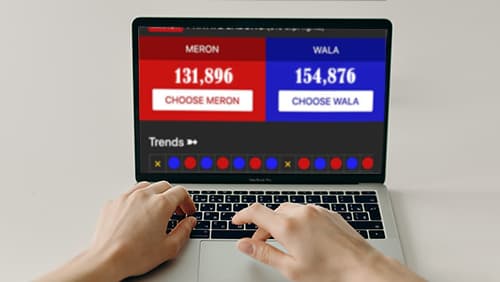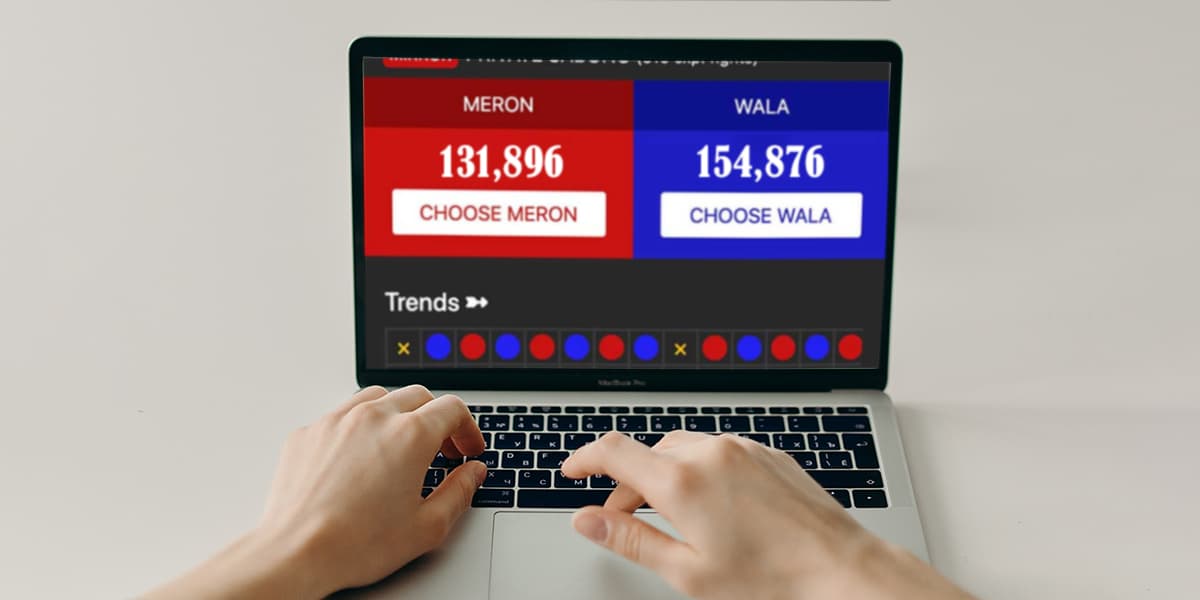 Online cockfighting continues to gain momentum in the Philippines. The House of Representatives have approved Bill 8065, pushing ahead a measure that would tax offsite betting on locally licensed cockfights and derbies.
Online cockfighting continues to gain momentum in the Philippines. The House of Representatives have approved Bill 8065, pushing ahead a measure that would tax offsite betting on locally licensed cockfights and derbies.
By a vote of 215-1, the bill easily passed the house. If it becomes a law, it would amend section 125 of the National Internal Revenue Code of 1997. House Ways and Means Committee Chairman Joey Salceda believes the new e-sabong tax would not be “causing any economic harm.”
“Wagering is a demand inelastic non-essential…The operations of online betting on sabong are authorized by local ordinances. Because of the digital shift, there are now electronic betting operations on such games. But the electronic aspect of it is a gray area, even though the airwaves is national property,” Salceda said.
If the Senate also passes the bill, online cockfighting and derbies would be taxed at 5% of their gross revenue. Local government units can still levy their own taxes, as well as regulators like PAGCOR collecting their regulatory fees and charges.
Previously, online cockfighting sat in a legal grey space, and was not taxed. With the exodus of Philippine Offshore Gambling Operators (POGOs) in 2020, and quarantine measures restricting Filipinos from visiting cockfights, lawmakers have looked to e-sabong as a new source of revenue, as well as a safer way for Filipinos to enjoy an old favorite.
“Because of this ambiguity, we are unable to levy national taxes on these activities. By clarifying this gray area in my proposal, we hope to raise multiples more in revenues than the BIR collection from cockpits of P13.7M in 2019,” Salceda said.
In it’s first year alone, e-sabong taxes are expected to raise at least P1.25 billion ($26 million). But if PAGCOR chief Andrea Domingo gets her way, it will be much more in the future.
At a recent Asia Gaming Brief Pop-up, Domingo expressed her hopes that the Philippines could become a world-leader in online cockfighting. If everything goes right, she expects Filipino operators could offer to countries in Latin America, and corner an untapped market.
